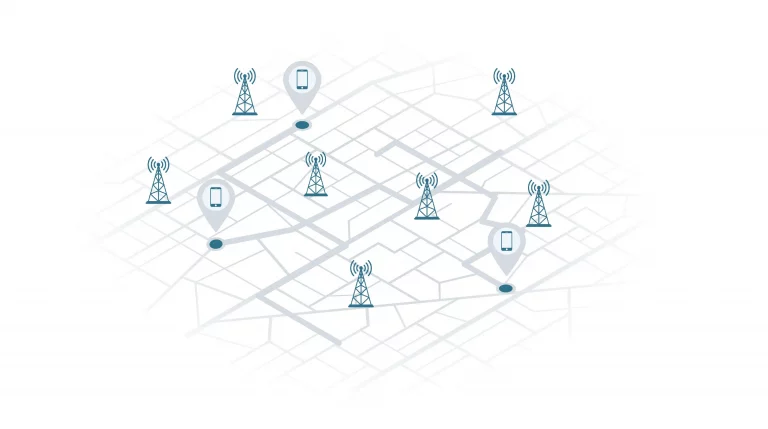The U.S. Army Field Manual 7.0 identifies seven principles of training. One of these principles stands out as a favorite among the rest: Train as You Fight.
“Train as You Fight” instructs military leaders to design training scenarios that replicate combat conditions and ensure soldiers are prepared for the stress of those environments.
When soldiers train as they fight, they face exhaustion, hunger, combat, injury, tests of marksmanship, strain on physical fitness, and many additional stressors that are common on the battlefield. Today, there is a new aspect to modern conflict that must be considered when leaders plan training events — commercial data collection.
The ubiquity of commercial data is well known, and we see how powerful it can be through its use in targeted advertising. The more a company knows about you and your life, the more effectively they can sell you products. The commercial data industry has an annual revenue in the hundreds of billions. The exponential growth potential in this market means that companies are further incentivized to keep the data they collect on consumers forever and find additional ways to monetize it.
Shoshana Zuboff coined the term surveillance capitalism to describe the system that commodifies our personal data. As awareness and alarm about the societal implications of surveillance capitalism grow, tech giants like Apple and smaller companies like Proton put data privacy at the forefront of their messaging. Through daily use of smart phones, watches, televisions, and appliances, the average consumer generates data sufficient to identify individual behaviors with 98% accuracy, regardless of how anonymized that data is.
This same commercial data can be used to target soldiers on the battlefield.
Using Google Maps combined with overhead imagery, a professor and his team of student researchers tracked the earliest movements of Russia’s invasion of Ukraine in near-real-time. This became one of the first applications of commercial data in this conflict, but it was quickly joined by a growing list of examples:
- On New Year’s Day of 2023, Ukrainian forces targeted and killed 89 Russian soldiers based on data emitted by the soldiers’ mobile devices which they were using to contact friends and family.
- Similarly, Major General Vitaly Gerasimov was killed in March of this year when he used an unsecure cell phone because a secure Russian device failed to work.
- Most recently, in July, a Russian submarine commander, Stanislav Rzhitsky, was killed while jogging a favored running route. It is speculated that he was targeted based on his use of the Strava app.
- The average citizen of Ukraine has even joined the fight through communities like “eVorog” or “eEnemy”, a Telegram chatbot developed by Ukraine’s Ministry of Digital Transformation, that turns every smartphone into a potential intelligence sensor.
As the world watches the Russo-Ukrainian conflict, the efficiencies of using commercial data to conduct or disrupt operations become more apparent. In 2023, commercial data is a force multiplier and an asymmetry equalizer. It is imperative that U.S. forces incorporate commercial data collection into our training environments in order to accurately simulate true-to-life operations. Otherwise, our approach to the “Train as You Fight” principle is incomplete.
Ridgeline’s digital red cell services allow our customers to layer commercial data into training exercise activities. Red cell teams emulate adversarial capabilities in opposition to exercise participants. By incorporating data collection and analysis into red cell exercises, analysts can identify data signatures associated with your unit and their activities when carrying out a mission. By learning about these signatures during training, you’ll be able to adjust tactics, techniques, and procedures (TTPs) and take steps to mitigate threats that arise when accomplishing a mission in the real world.
Ridgeline supports our customer training exercises with our Vision product. Vision accurately simulates the data access and analytical potential of mobile network operators and internet service providers while simultaneously divorcing your data from the ad economy. When coupled with our subject matter experts and experienced analysts, the resulting report helps leaders make informed decisions that help evolve the force for the conflicts of tomorrow.

